EU case law vs national constitution – Rulings and counter-rulings by ECJ and Romanian Constitutional Court
--
Read Part 1: Warsaw demands EU treaties be complied with and refuses to pay fines imposed by the ECJ
--
As major beneficiaries of EU funds and not yet having caught up economically with the western part of the continent, the former Eastern Bloc countries have now become an instrument used by the EU institutions, dominated as they are by committed Eurofederalists, to extend the EU’s competencies by developing new case law that complements and in some cases profoundly modifies the spirit of the treaties and existing EU law. The European Union is thus being transformed into “the first non-imperial Empire (...) that imposes its discipline not by force but by law”, as former President of the European Commission José Manuel Barroso once described it.
The Eastern countries are all the easier prey because their societies are split in two by a divide that Polish essayist and journalist Rafał Ziemkiewicz describes as post-colonial. A divide that is typical of countries that have emerged from a long period of foreign domination, with a part of the elites and the population still suffering from an inferiority complex that pushes them to denigrate their national identity in favour of their affiliation with the empire, which is considered superior and more advanced on the civilisational level: “It is unfortunate, but every country that has been subjected to long-term occupation is deeply divided between those who want to keep their identity and those who want to renounce it, who hate it because they think it makes them inferior people, that it prevents them from being more modern and becoming like those who occupied them.” This is how the EU institutions’ growing interference in countries that knew the Soviet yoke for some 45 years is made possible – by appeals made to Brussels by part of the opposition in its struggle against the democratically elected leaders in their respective countries, whether it be the parliamentary opposition, civil society organisations, generally financed from abroad, notably by the network of foundations linked to George Soros, or even activist judges engaged in a struggle against the laws passed by the parliamentary majority.
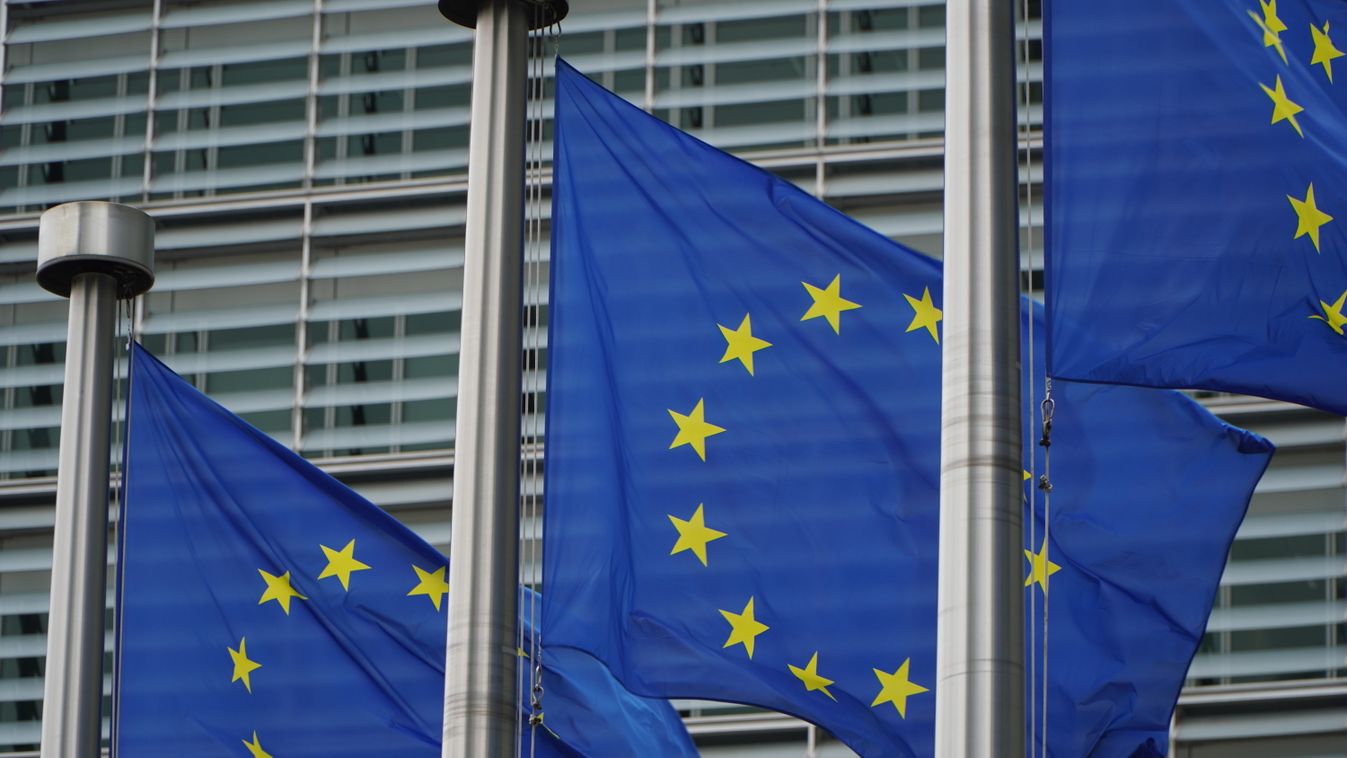



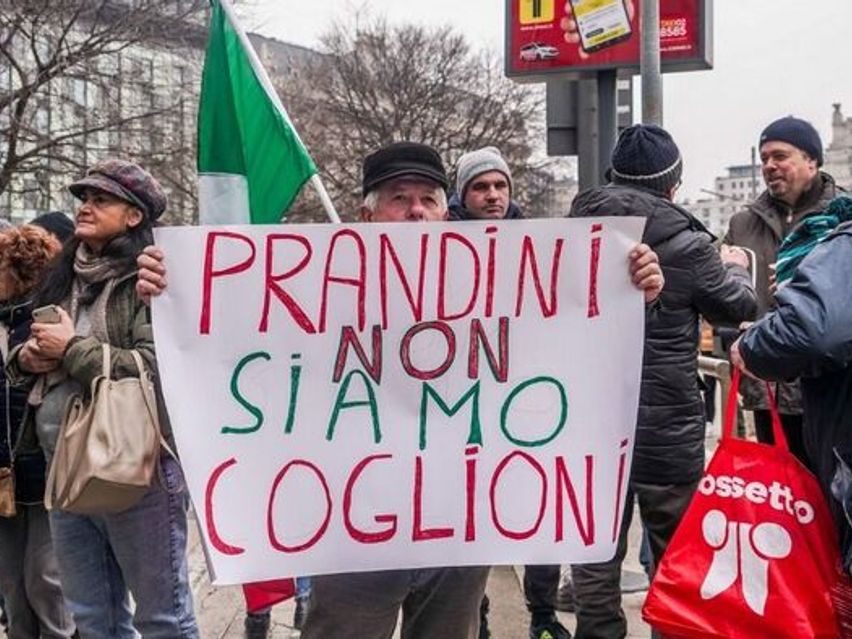


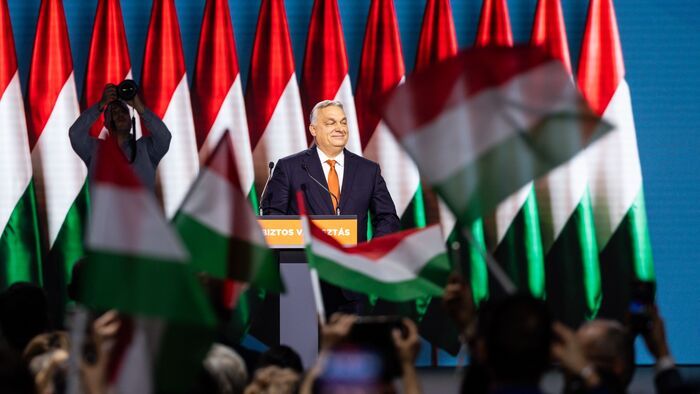




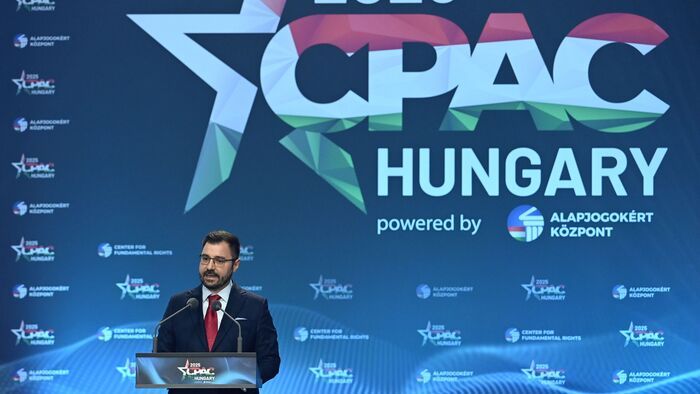
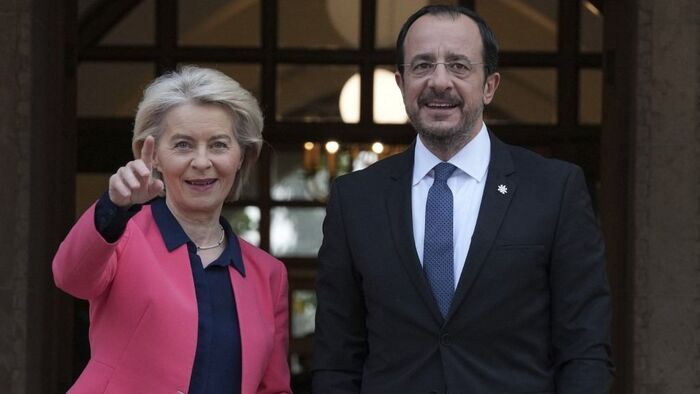





Szóljon hozzá!
Jelenleg csak a hozzászólások egy kis részét látja. Hozzászóláshoz és a további kommentek megtekintéséhez lépjen be, vagy regisztráljon!